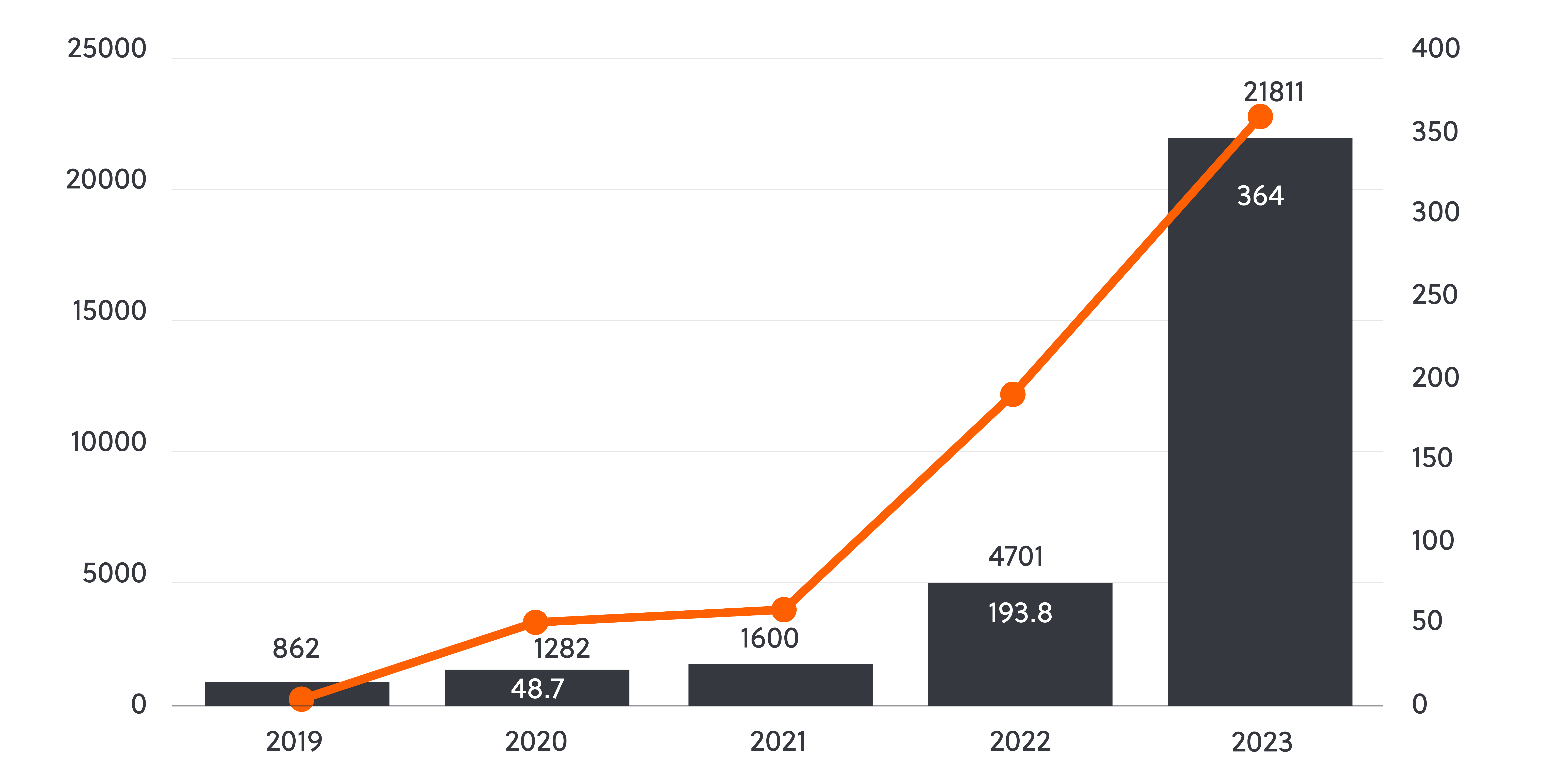Latin America’s travel security landscape remains dominated by kidnappings, extortion and associated violence driven by organised crime and wider insecurity.
Authorities in several countries, including Colombia, Guatemala and Honduras, report significant increases in extortion, while kidnappings continue to surge in Mexico and Ecuador. Travellers remain at heightened risk of indirect violence, particularly where rivalries between cartels and gangs are more pronounced. In April, for example, Mexican authorities discovered the bodies of one US and two Australian tourists killed in a carjacking near the city of Ensenada in Baja California while on a surfing trip, allegedly mistaken for rival cartel members. However, in some cases, travellers have also been specifically targeted, as in Colombia where authorities have advised travellers to take precautions when using online-dating apps amid an increase in kidnapping and robberies carried out by perpetrators luring foreigners through the application. With pervasive security challenges, as well as political and economic instability, authorities in the region remain largely hampered by capacity constraints in their ability to address the violence, sustaining threats to travellers in the coming year.
Regional Highlights
Attacks on vessels and crew in Latin America
Vessels and crew calling at ports in Latin America continue to face various security challenges. In Mexico’s Bay of Campeche, maritime security observers reported an increase in armed robberies against vessels and fuel tankers in 2024, perpetrated by small groups armed with pistols, and with ties to cartels operating in the area. Meanwhile, Haiti’s deteriorated security environment has similarly seen an expansion of powerful gangs into the maritime space; in September, armed assailants in a speedboat approached and boarded a container ship as it manoeuvred into port, kidnapping two Filipino crew members, and subsequently escaping. Other opportunistic acts of attempted vessel robbery have also been reported in Colombia, where in August 2024, one assailant attempted to onboard an anchored tanker in the port of Cartagena while four other perpetrators waited in a nearby boat. Personnel on the ship activated a fire pump, and the assailants fled. Similarly, in April, three assailants armed with knives boarded a container vessel while it was berthing in Georgetown Port, Guyana, although the assailants fled once the crew set off the vessel’s alarms. In many cases, insufficient resources, corruption among port authorities, and personnel shortages have strained authorities’ capacity to address maritime crimes against vessels occurring at ports and in anchorages, sustaining threats of crew casualties and asset losses over the coming year.
Wrongful detention
Regimes in Nicaragua, Cuba and Venezuela have increasingly cracked down on opposition figures and perceived dissent, including through arbitrary detentions. In October 2024, Nicaraguan President Daniel Ortega dismissed two mayors on suspicion of disloyalty to the regime, bringing the total number of mayors removed from office to 18 since January 2023, while in Cuba, President Miguel Díaz-Canel has leveraged arbitrary detentions to crack down on dissent and quell unrest. While local nationals are more frequently the victims of wrongful detention in Venezuela, there is also precedent for US and other foreign nationals to be detained, or to receive arrest warrants in absentia. In October, amid unrest following a contested election, Venezuelan officials announced they had detained three US nationals, as well as one Bolivian and one Peruvian national, for allegedly engaging in unspecified terrorist activities.
In some cases, particularly involving high-profile or politically-connected foreign nationals, detentions are leveraged as a means to secure concessions in negotiations with rival governments; in December 2023, for example, Venezuela released ten US nationals in exchange for the release of Alex Saab, an ally of Venezuelan President Nicolas Maduro, who had been detained in the US on money laundering charges. US President-elect Donald Trump’s previous tenure saw increased sanctions and restrictions against these regimes, and it is likely that increased tensions between these administrations and the US will drive an elevated threat of politically-motivated detentions – particularly of US nationals – in the coming year.
Extortion in Ecuador
Extortion and kidnapping have increased in recent years amid political and economic instability, and as local and transnational criminal groups have bolstered their presence in the country. According to Ecuador’s National Police data, extortion cases from January to July 2024 (in which 13,282 cases were recorded) surged by 127 percent compared to the same period in 2023, with the Guayaquil Metropolitan District reporting around 40 percent of extortion complaints, and the Quito Metropolitan District accounting for around 22 percent. Kidnappings in the same period have also increased by 30 percent compared to 2023, with around 50 percent of cases involving traditional kidnappings, 0.3 percent comprising virtual kidnappings, and the remainder classified as abductions without specific intent to elicit a ransom. In Guayaquil, one person is kidnapped every 10 hours, and perpetrators have demanded up to thousands of US dollars for their release.
Extortion against businesses in Ecuador
- Three out of 10 businesses in Ecuador have reported being extorted, and 90 percent of businesses perceive extortion, kidnapping and theft as the primary security threat to their company.
- More than 70 percent of targeted companies are extorted more than three times a year.
- Sectors most commonly targeted: Tourism and hospitality, agriculture, manufacturing, construction, and retail.
Source: Observatorio Ecuatoriano de Crimen Organizado
In January 2024, President Daniel Noboa imposed a crackdown on gangs to contain proliferating violence, declaring a state of emergency and deploying the military to target gang leadership and retake control of prisons where activities like kidnappings and extortion are often planned and organised. These measures have seen some success in decreasing the country’s homicide rate, which declined by 19 percent between January and July 2024. But efforts to break the stronghold of powerful gangs like Los Lobos and Los Choneros have driven gang fragmentation, and an associated expansion in activities like kidnap and extortion as smaller groups seek territory and influence. The government faces multifaceted challenges in addressing organised crime in the coming year, including fiscal constraints, embedded corruption, and wider pressures as Ecuador becomes an increasingly attractive transit point for the global drug trade. Uncertainty over Noboa’s prospects for re-election in February 2025 further threaten discontinuation or change in his security approach that could inject significantly more instability into Ecuador’s security landscape.
Extortion cases increase between 2019 and 2023

Source: Observatorio Ecuatoriano de Crimen Organizado





